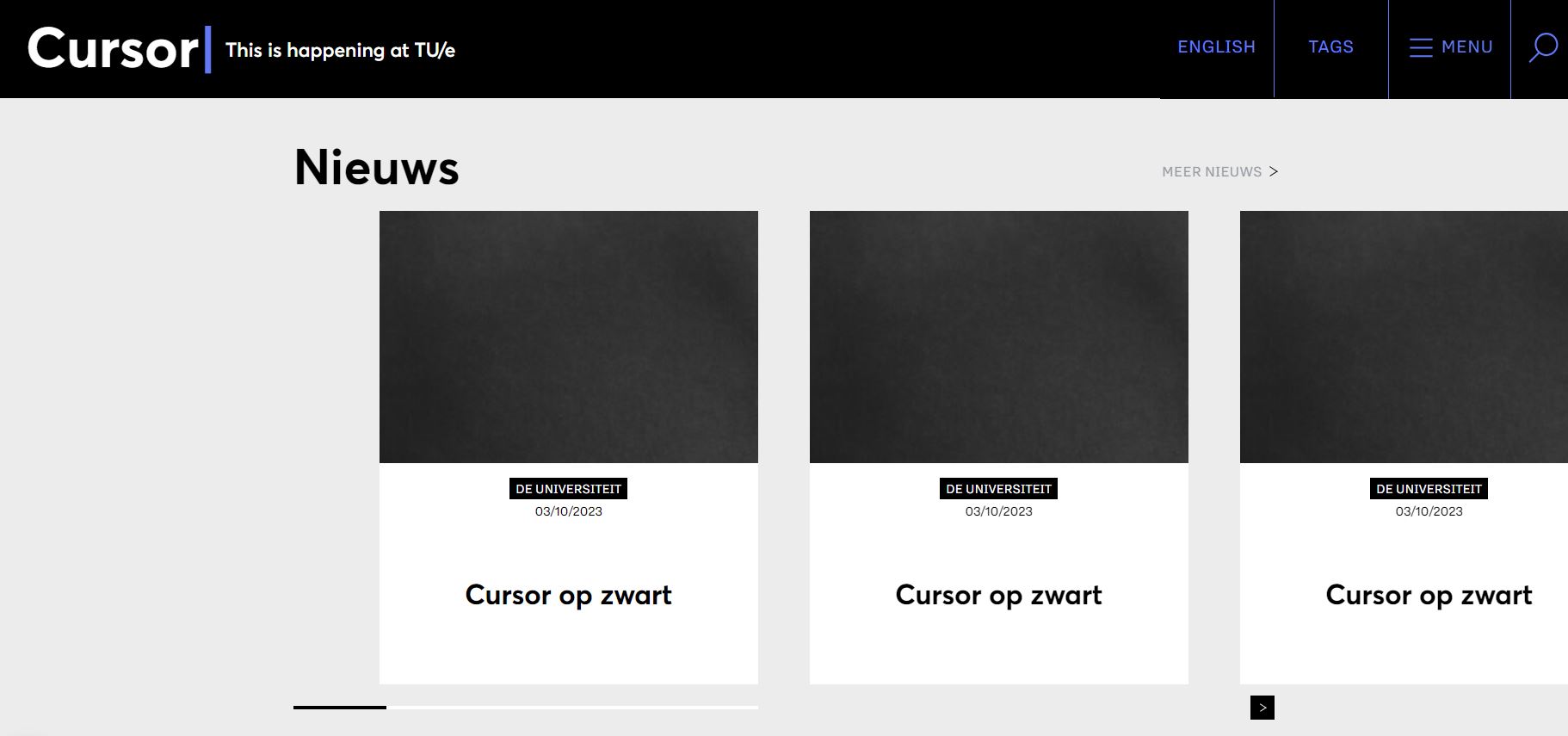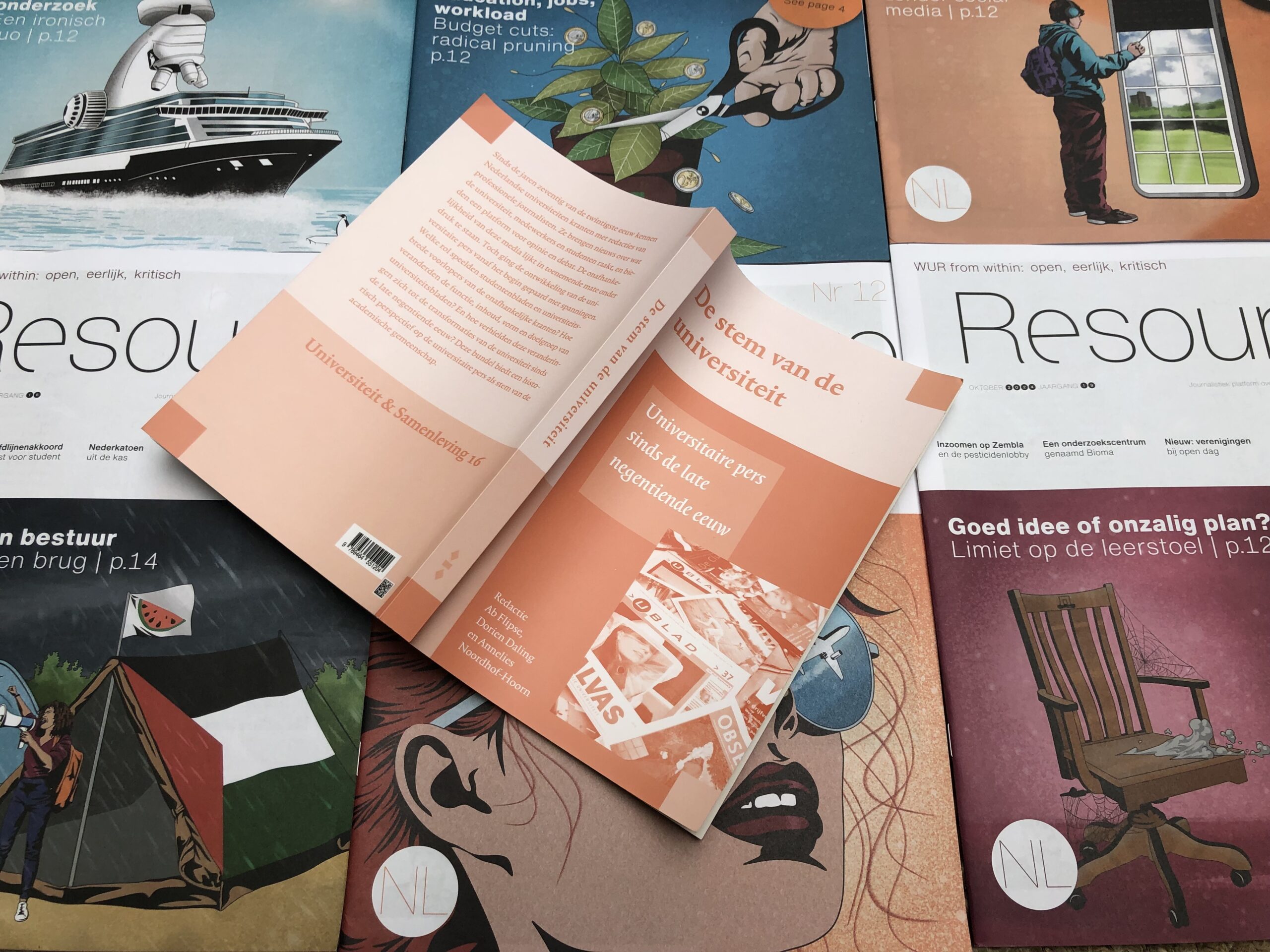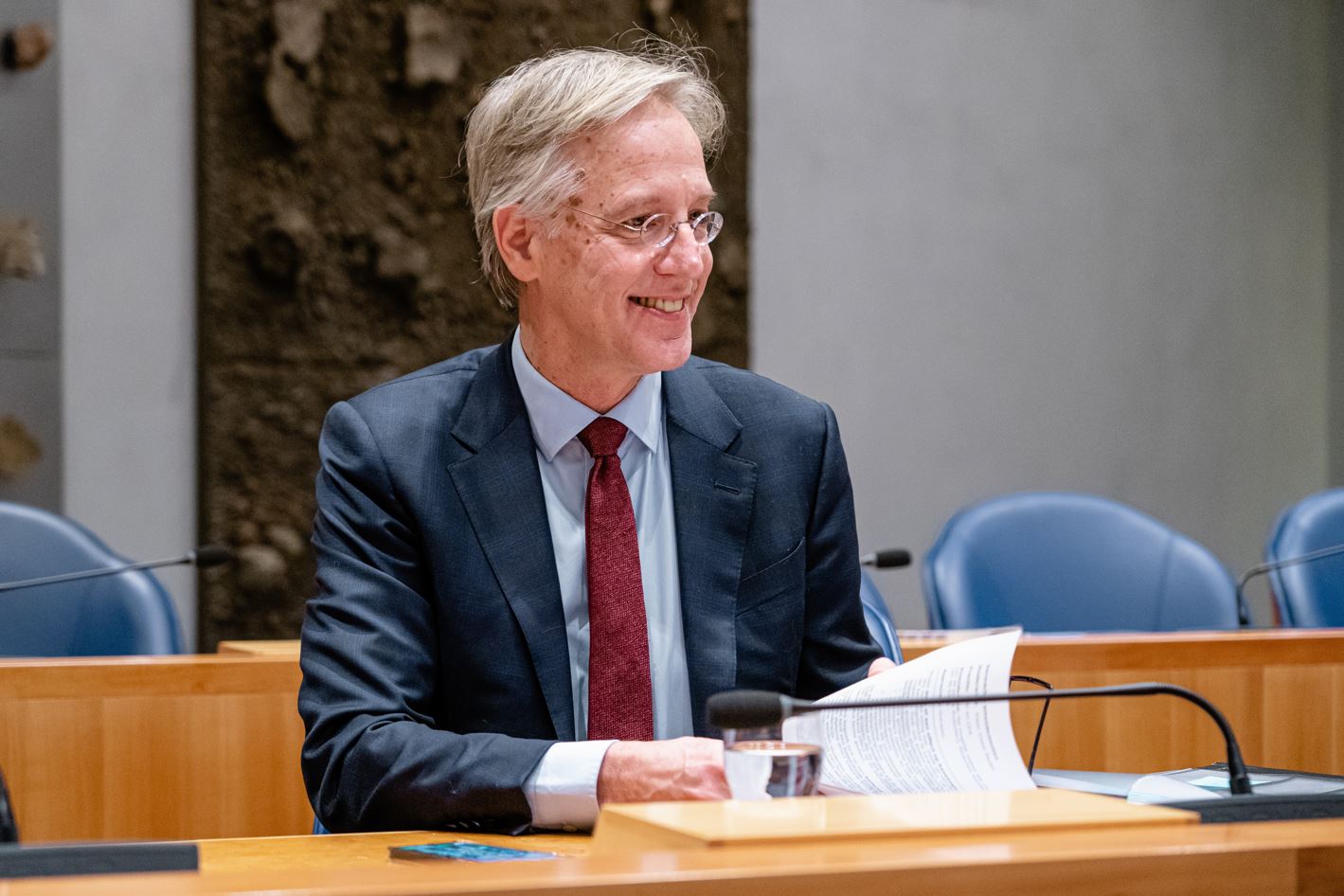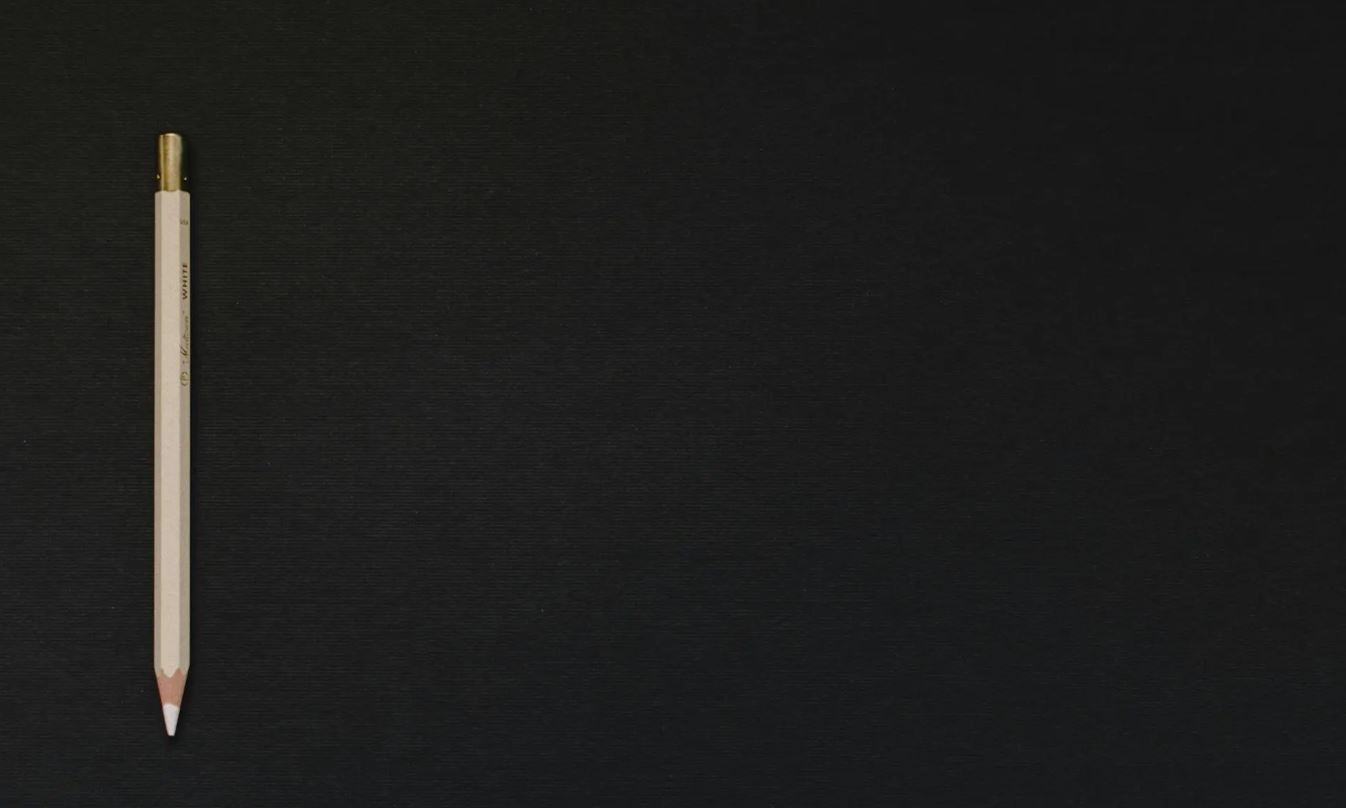The editor-in-chief of the Eindhoven university magazine was dismissed from his post. The editors are shocked and have turned their website black in protest. The reason behind these events: publishing an article on conflicts of interest was prohibited.
The editors placed a statement on the website. ‘We, editors of Cursor, have experienced infringements on our freedom of press for some time now.’ De redactie heeft een statement op de website geplaatst. ‘We, the editors of Cursor, have been experiencing a restriction of our freedom of press for some time now.’ The dismissal of editor-in-chief Han Konings is a ‘sad conclusion’.
The events started with an article about conflicts of interest, the publication of which was prohibited. The editorial council was against it because it ‘did not meet the information needs of the TU/e community’. The article was thoroughly checked, and the adversarial principle was honoured, but enormous pressure was exerted to keep a lid on the piece.
Complaint filed
The editors state, ‘The editor-in-chief decided not to publish the article under these circumstances, for fear of the consequences’. The editor who wrote the article disagreed and filed a complaint with the university before the summer, which has yet to be addressed.
The conflict of interest involves a high-ranking official, Spoor confirms. She declines to divulge more information because she is collaborating with the Volkskrant, who will publish on this issue shortly.
An independent news medium provides a trustworthy supply of information
Editor-in-chief Konings has held this position for almost 22 years. He says that his departure was not by choice, and he regrets that it has come to this but declines to comment further.
The editorial council chair (and non-university member) is Frank Janssen, an expert in the field of reputation and strategy. He was unavailable to comment this morning, as was the TU Eindhoven.
Demands
The Cursor editors demand a new and independent editorial council and want a vote in selecting the new editor-in-chief. Moreover, they want to review the editorial statutes to ensure its independence.
The Circle of Editors of university and college media support these demands. According to chairperson Ries Agterberg, an independent editor should not have to submit articles to an editorial council before publication.
‘This conflict has been going on for several years’, says Agterberg, editor-in-chief of Utrecht’s university magazine DUB. ‘We have sent the university a letter about the matter.’ According to him, the current board president, Robert-Jan Smit, does not see the value of an independent news medium for his university.
‘A university is an academic community in which there should be room for transparency and debate,’ says Agterberg. ‘What do students and employees need to know? That may sometimes differ from that which the board wants to tell them. An independent news medium provides a trustworthy supply of information.’
Statutes
The Circle of Editors will review the statutes of the various magazines, Agterberg says, now that these statutes fail to protect the editors in Eindhoven. ‘That is important. Over the past few years, there have, in fact, not been any issues at other institutes, but the statutes are there precisely for those cases where things go wrong. And that is when they should offer sufficient protection.’
Conflicts have occurred, but the then minister Jet Bussemaker did not consider them sufficient reason to investigate the independence of university and college media in 2017. Nor did she wish to legally guarantee this independence, as requested by the SP.

 ‘A university is an academic community in which there should be room for transparency and debate’, says Agterberg.
‘A university is an academic community in which there should be room for transparency and debate’, says Agterberg. 

